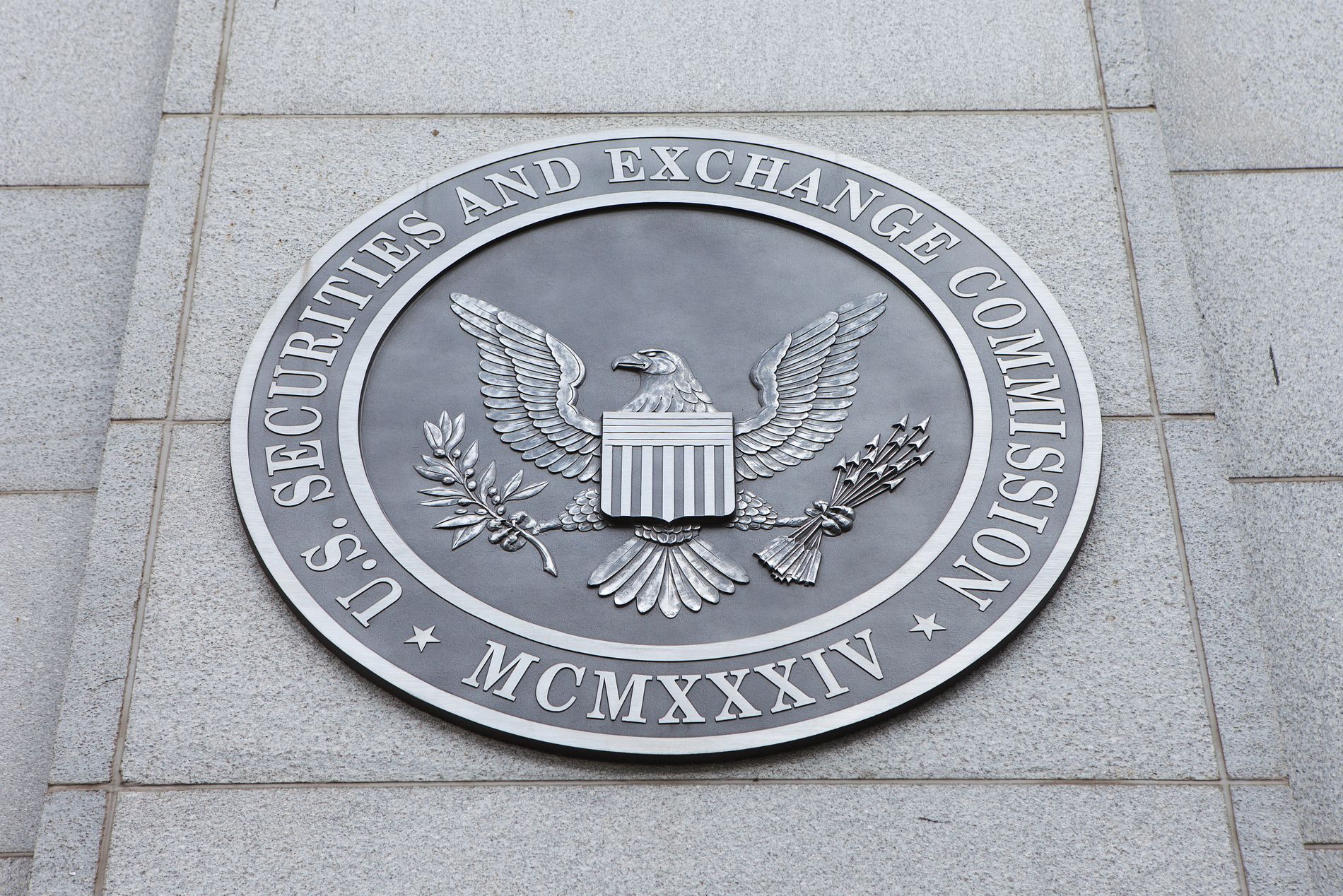
For much too lengthy, the U.S. has been falling behind the remainder of the world on staking coverage. Now, in simply the primary 30 days of the Trump Administration, staking has been talked about in Congressional hearings, listed as a prime precedence by the SEC’s newly created crypto process pressure and is in the present day the main target of a bipartisan letter from lawmakers difficult the earlier SEC’s stance on its inclusion in exchange-traded merchandise (ETPs). Many within the digital asset sector celebrated when the primary spot ether ETFs had been authorised in September of final 12 months. It was an enormous leap ahead for the second-largest cryptocurrency, attaining legitimacy within the eyes of U.S. regulators. However there was one evident omission inside these monetary merchandise: the flexibility to stake the held property and revenue by doing so.
Now a bipartisan group of lawmakers together with Senators Cynthia Lummis (R-WY), Kirsten Gillibrand (D-NY), Steve Daines (R-Montana), Invoice Hagerty (R-Tenn.), Thom Tillis (R-NC), Bernie Moreno (R-Ohio) and Ron Wyden (D-OR) is main the way in which to appropriate that. In a letter delivered to the Securities and Change Fee on Friday, they’re difficult the SEC’s directive to exclude protocol staking in ETPs, highlighting how this place might undermine each investor protections and the competitiveness of U.S. markets.
The SEC’s prohibition on staking inside ETPs is predicated on a defective understanding of how staking works on proof-of-stake networks like Ethereum. Staking shouldn’t be an funding product in itself. Relatively, it’s a elementary technical requirement for securing and validating transactions on proof-of-stake networks. When token holders stake their property, they contribute to the community’s safety, and in doing so earn rewards generated by the protocol itself — not from any centralized authority.
Worldwide competitiveness
The SEC’s directive to identify ether ETP issuers to exclude staking raises critical considerations about America’s aggressive place in world digital asset markets. Whereas the USA hesitates, different main monetary facilities together with Switzerland, Canada, Germany and Australia have embraced staking of their digital asset ETPs, recognizing its integral function in community safety and operational stability. Simply final month, the U.Okay. issued a statutory instrument acknowledging that preparations for qualifying crypto asset staking don’t quantity to a collective funding scheme, reinforcing its significance in securing and sustaining blockchain networks.
As a result of staking is crucial for securing proof-of-stake networks, it additionally signifies that if there have been nobody staking their ether, then all the property inside these ETPs can be in danger. Because of this, perversely, the SEC has compelled American buyers right into a place the place their investments are solely protected by property held in different jurisdictions.
Crucially, the affect of those rules extends past simply the Ethereum blockchain, however applies to attainable future ETPs of different networks that additionally use proof-of-stake reminiscent of Solana, Avalanche and Polkadot. Because the digital asset sector grows, the affect of this misguided regulation will solely deepen.
Getting this regulation unsuitable hurts each American buyers and the U.S. economic system. Both buyers settle for home merchandise with out staking and the related rewards, limiting their monetary returns, or they search publicity via off-shore options, driving capital offshore and out of U.S. inventory exchanges. With out staking, ether ETP holders step by step lose their relative community possession place as a result of inflationary nature of staking rewards.
This financial actuality makes U.S. merchandise much less aggressive and fewer enticing to buyers searching for complete publicity to the Ethereum ecosystem. Much more troubling, this consequence seems to contradict the SEC’s core mission of investor safety, probably pushing buyers towards funding autos in different jurisdictions that will not meet the investor safety requirements accessible to buyers within the U.S.
The technical dangers related to staking, when managed by refined validators, are minimal and well-understood. The usually-cited “slashing threat” — a penalty mechanism for dishonest validation makes an attempt — has affected simply 0.001 p.c of staked ether to this point. This information means that the SEC’s cautious stance could also be disproportionate to the precise dangers concerned.
What’s at stake
As we await the SEC’s response to the necessary questions raised by Congress, American buyers proceed to be at a definite drawback. The trail ahead requires a balanced method that acknowledges staking for what it’s — a technical mechanism for community safety — whereas guaranteeing there may be applicable oversight when it’s provided inside regulated funding merchandise.
Because the letter rightly factors out, whereas solely Congress can create a complete regulatory framework, the SEC has the authority to allow staking in ETPs. Doing so would align with each the company’s mandate to guard buyers and the objective of sustaining U.S. management in world monetary markets.
The bipartisan Congressional letter to SEC Commissioners Uyeda and Peirce endorsing Protocol Staking in Digital Asset ETPs is a big milestone for buyers – each crypto native and institutional. With Uyeda having criticized what he has known as the “weaponization” of the SEC’s enforcement features and crypto advocate Paul Atkins being nominated to take over the function of SEC Chair, now we have a uncommon alternative to make progress on one of the frequent sense points within the digital asset panorama.
It’s past time for the SEC to imagine a management place on the subject of protocol staking, which powers the digital asset sector. This befits the aspirations of the American economic system and the Individuals who depend on it.




